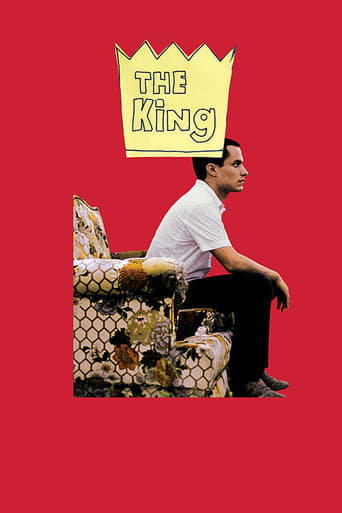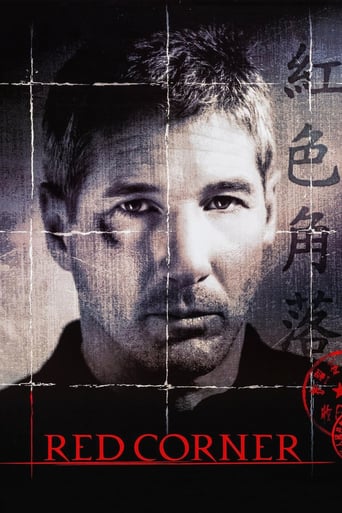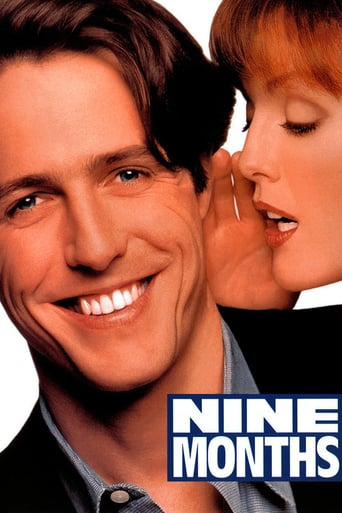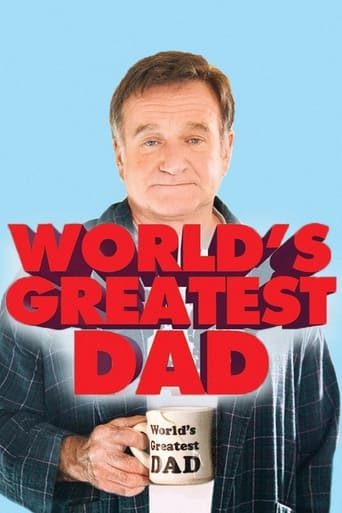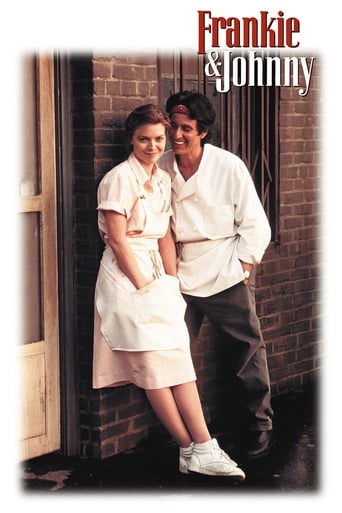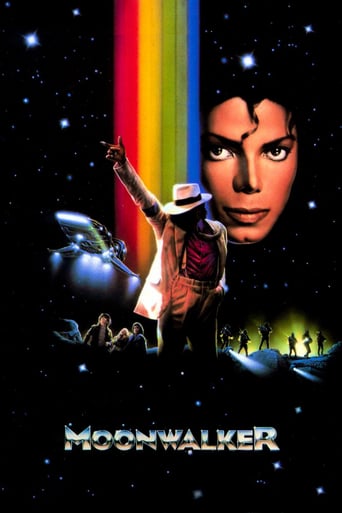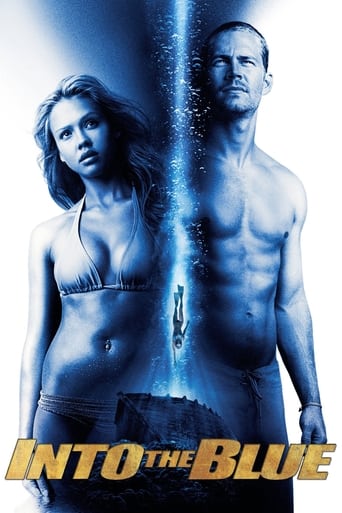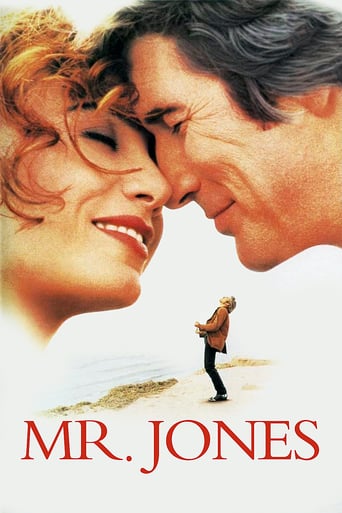


Mr. Jones
The story about the relationship between a manic depressive man, Mr Jones, and the female doctor who takes more than a professional interest in his treatment.
-
- Cast:
- Richard Gere , Lena Olin , Anne Bancroft , Tom Irwin , Delroy Lindo , Bruce Altman , Lauren Tom


Similar titles
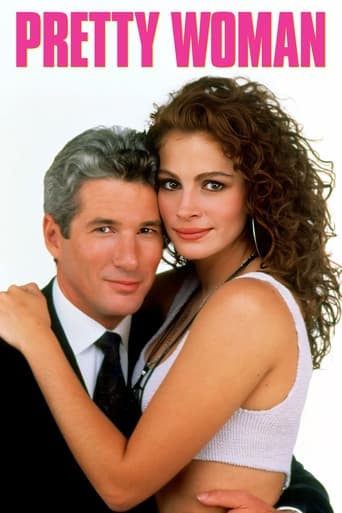
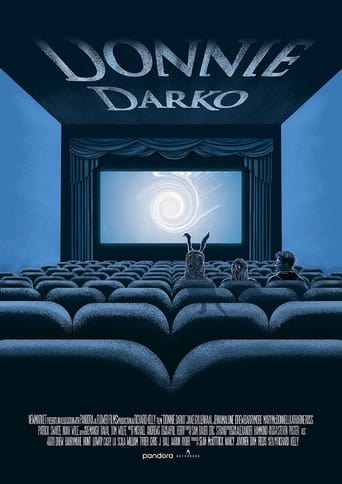
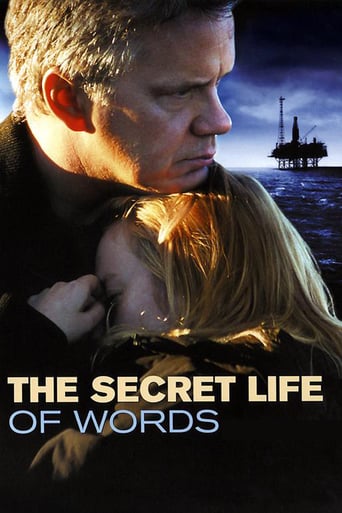
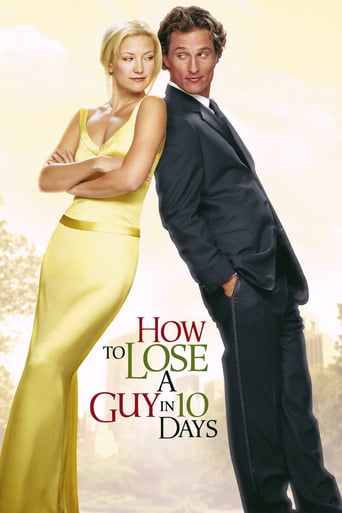
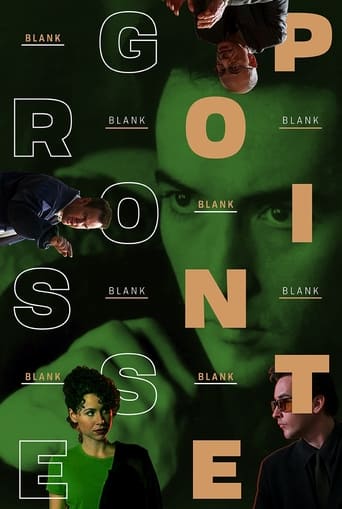
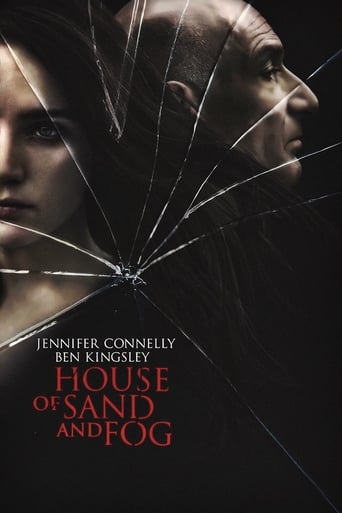
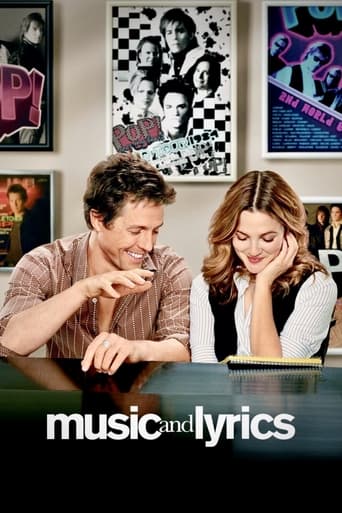
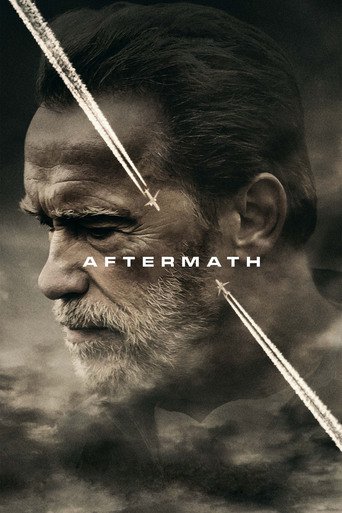

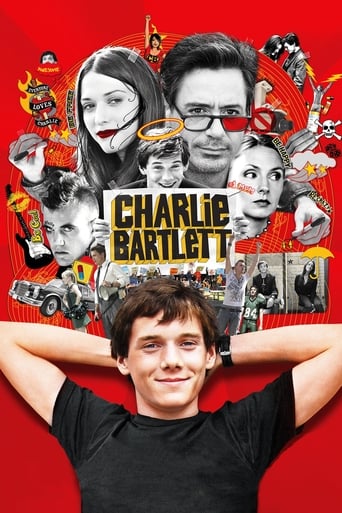
Reviews
best movie i've ever seen.
A different way of telling a story
a film so unique, intoxicating and bizarre that it not only demands another viewing, but is also forgivable as a satirical comedy where the jokes eventually take the back seat.
The plot isn't so bad, but the pace of storytelling is too slow which makes people bored. Certain moments are so obvious and unnecessary for the main plot. I would've fast-forwarded those moments if it was an online streaming. The ending looks like implying a sequel, not sure if this movie will get one
The movies traditional 'happy end' happens not in the end but is placed in the middle of the movie: Mr. Jones and Libbie fall in love with all what belongs to it. The psychiatrist Libbie Bowen crosses the line, seduced by the 'manic euphoric' (today: 'bipolar') Mr Jones. He pushes himself and the others he encounters, wherever he meets them beyond of beyond. The question is where and when is the healing moment for the person and for the others? Is it when kissing euphoric the girls in the street? Is it the 'consuming' wish to direct the orchestra as one likes Beethoven? when is the too much reached. When is the line crossed of the too-much of no return? Mr. Jones: "I need my highs." At the mental hospital, he is cared for by the psychiatrist Libbie who finds herself being more than interested in him. Falling for him with: "Eyes wide shut"-open. Aware of what happens is wrong. Is the reason for her 'love fall' the disease (as psychiatrist)or as woman for this 'interesting' man? "Roger Ebert, October 8, 1993, hinted at the same, IMDb. The similarity: The divorced Wallis Simpson was asked if she was in love with the Duke of Windsor or the man Edward? We all experience difficulties. For some it develops to a traumatic situation. Ellen Ryan for him when she could not go on with him. As most of us in such a moment, she had not the unlimited strength: "She is dead" he tells Libbie. She searched, found her and talked to her. Married and two children.To be high up on the roof. At the same time caught by the black nights, haunting him. To say it with J W von Goethe (1749-1832) 'Himmelhoch jauchzend - zu Tode betrübt'. The movie ends 'up there' on the rooftop. Libbie with him on the roof. Against her wish. Called to help. After her mistake she resigned. What is illness: "You are not sick, you have a sickness." Focused like this medicine can be a help. Mr Jones: "I am not ill. I am like this." How does it end? Who takes the first step? Absolutely not Mr Jones as he thrives with these kind of games. She. Her responsibility. As staff falling in love with a patient and crossing the line as (they) she did is not only wrong but a case for the police. Libbie knows it, taking the consequences."I want to fly but I can't", he says. "Now you know" answers Libbie and he: "What do we now?" "A cup of coffee, defrag coffee" is her answer on top of the roof.What will happen after the coffee and beyond the movie How will it be when Mr. Jones needs now and then to be on top. Can the psychiatrist Libbie be at his side - be and give the support he needs? And of course what they are for each other as man and woman? In 'between' are seen other cases. One free-will-case ends tragic. Against the staffs advice a female patient is released home with her parents. Committed soon at home suicide.
To expose such a stigmatized topic as mental disease. Heart-breaking true story that many of us tasted for real. Humans on planet Earth need more of such movies. just to be able to reach the next metaphysical levels. cause there is no insanity if you ask me, there is HAARP, mind control,... Excellent transformation of pure metaphysical into moving pictures. To remind the rest of the world how wrong can stigmatized people be treated, percept-ed. But i'm glad there is no lobotomy anymore ;)Best regards,Anastazya N.G.
With a burst of pop-rock music and Richard Gere peddling happily away on his bicycle down city streets, "Mr. Jones" deceptively begins as an upbeat character study (in fact, "Flashdance...What a Feelin'" would not be out of place here). Too bad then it's just a sunny preamble to the meat and potatoes of the story: a bipolar depressive acts recklessly until he is finally institutionalized. There's a lady psychiatrist who is drawn to him (she's emotionally vulnerable due to a recent break-up), a sassy bank teller who is introduced for no other purpose than to give Richard a pretty date, a trip to a piano store where Gere tickles the ivories...but what is "Mr. Jones" about, at its core? Not even director Mike Figgis appears to know, following manic Gere randomly around town and then to a friend's house for dinner (where all the polite, happy children bow their heads in thankfulness). This is not an exercise in catharsis; Figgis wants to earn points with us through little acts of humility and false emotion--not hard-hitting realism. He doesn't have anything to gain with this picture, not even dramatically once Gere hits the wall and realizes he needs medical help. No one speaks of the financial obligations the central character is under by getting so much hands-on treatment and medication, while father-of-seven Delroy Lindo thinks nothing of slipping Gere some friendly cash (with all those hungry kids at home, one might think Gere should at least refuse the money on principle and not out of pride). Gere (also one of the producers) is up to the challenge of portraying a manic-depressive with euphoric highs and suicidal lows, but the movie tips its hand early on that wild, spontaneous behavior is healthy for the soul. It helps get you jobs, it helps make you friends! It's the same thinking which made "A Thousand Clowns" into an unbearable hit. ** from ****
I find it interesting that films are so often chastised for being "unrealistic," when realism is usually neither an attainable nor desirable goal in a film (for example, most films don't portray a story that unfolds within two hours or less, so montages or other devices are used). The main purpose of Mr. Jones (the film) is to tell the story of a man with bipolar disorder, and issues of "realism," for me, are then based on two questions. Firstly, did the film, and Richard Gere in particular, accurately portray the experiences of a person with bipolar disorder? Secondly, was his experience with mental heath care also fairly portrayed? As someone who has suffered from bipolar disorder for almost ten years, I can unequivocally say that the answer to both questions is yes. This film gives the best portrayal I have yet to see of the experiences of suffering from and being treated for bipolar disorder.From the early scene where Mr. Jones is seen trying desperately to get a job, to the ending sequence where he tries to fly for the nth time over and gives up, Gere gives an outstanding and thoroughly believable performance of a man living with the intensity of bipolar disorder. Most poignant to me were the moments when he was able to realize just how much he was fooling himself about the disease, yet couldn't break away from it. In a lesser movie, the line "I'm an addict" would be a sarcastic reference to his medication; here, it is used as a perfect description of Jones' need for his manic highs.In addition, I have yet to see as understanding a cinematic portrayal of mental health care in the United States. Even upon viewing it fifteen years later, this film deals so accurately with so many mental health care issues - the "revolving door" aspect of treating patients in current-day America, the moments of joy and pain one can experience even within a hospital (without the overdone dramatics of most films taking place in mental hospitals), and the efforts and sacrifices that doctors and staff make every day. Indeed, one of the most striking aspects of the film has to be the ease with which Gere walks in and out of treatment, a truly realistic situation, even more realistic because he has apparently been doing so for many years. The reality, despite what films would normally have us believe, is that it is much more likely in America today to be trapped in a "revolving door" for many years, never getting the treatment one really needs, than to be "wrongfully institutionalized" for many years. Unfortunately for "realism," the latter makes for much better high drama.Speaking of high drama, let me turn to two slightly controversial aspects of the film: the love story aspect, and the ending. Personally, I don't find it "unrealistic" that Jones' doctor could fall in love with him - it certainly happens in real-life patient-doctor relationships, and it makes for an interesting twist. Others have criticized this part of the story as unnecessary, but I see no particular reason for its omission, because the film did give plenty of screen time to the story of Jones' disease and there was room for this extra plot angle. In addition, her responses to the developing relationship and her resignation were handled excellently and accurately - there was no deux ex machina that allowed her to stay at the hospital or keep treating him - and also allowed for a look at some of the ethical issues involved in mental heath care. My only issue with the love story was that it was a bit clichéd, but it didn't detract from the film much at all in my opinion.As for the ending, a lot of people have had trouble with the fact that Jones either seems to be "cured" too easily, or that there was no climax where he actually fell off the house, or that in general it was too "neatly wrapped up." I would have to say that, knowing the bipolar disorder condition so personally, the ending was perfect. For sufferers of bipolar disorder, it can be so easy and quick to move from one mood to another, and the arrival of a loved one can easily "snap you out" of dangerous situations. The message that I took from the ending was not that he was "cured," or that he wasn't (there is no "cure" for bipolar disorder at this point). It was simply that he had faced another tough day as a sufferer of a disease, and that he now had a lover who was going to help him face more tough days. The end dialogue is particularly telling. His last line: "So now what?" Hers: "A cup of coffee. Decaf." They are moving on. Our view into their lives is over, but they will be fighting the battle for years to come. The rest of the movie has already told us that. A lesser script would have had some sort of "and then life became great" montage, which would have ruined this film. Here we are left with the understanding that the fight against the disease goes on, but that he now has someone who will aid in the fight and temper his moods as best she can, starting with sticking to decaf (which is more than just a joke if you have bipolar disorder).If you don't mind a fairly standard Hollywood love story as part of the mix, you will find this an outstanding, moving, and educational film. I give it 9 out of 10 only because the love story goes on just a tad too long, and that time could have been used for more exploration of the illness and its treatment.

